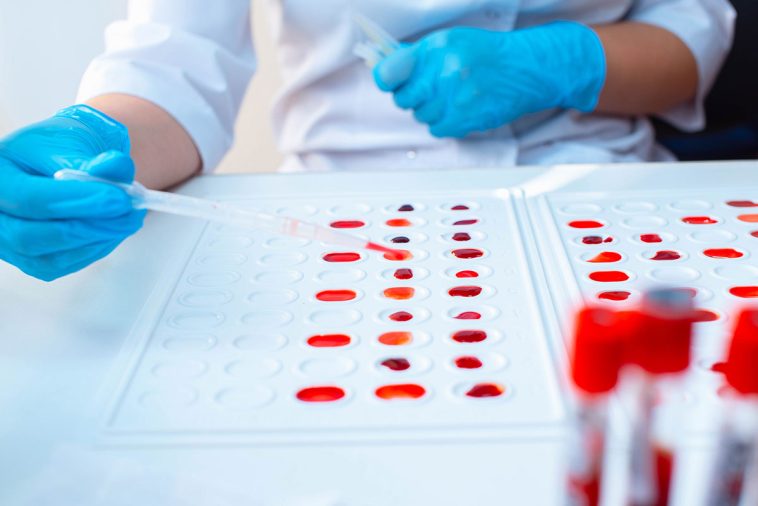- 102shares
Everyone is born with a blood type, and there’s no way to change it. While we all know our blood type matters in blood transfusions, there are other ways it affects us. Your blood type can prevent you from catching diseases or can increase cancer risks.
Read on to find out more about what implications your blood type has for your health.
Certain Blood Types Affect Your Risks of Getting COVID
A recent study has discovered that blood type may affect a person’s chances of contracting COVID-19. Those with O-type blood may have a lower risk of testing positive for the disease, by around 12%. They also have a 13% lower chance of having severe COVID symptoms or dying from it.
Conversely, type A blood carriers have a higher risk of testing positive. This blood type seems to make it easier for the virus’ spike proteins to adhere to blood cells.
Cardiovascular Disease Is Linked to Blood Type
Having type O blood reduces a person’s risk for cardiovascular disease. AB, A, and B type blood all have a higher chance of developing heart disease instead. The culprit is the ABO gene, which only non-O-type blood carriers have.
The ABO gene makes blood cells stickier and more resistant to blood flow. There are higher chances of blood clot development, not only in veins but even in the lungs.
Cancer Risk Is Also Tied to Blood
People with the AB blood type have a higher chance of developing esophageal cancer, about 34% more than those with O-type blood. The study also found that the same blood type of AB increases stomach cancer risk by 44%, a disturbing statistic. People with type A blood have slightly lower chances at 37% higher than average.
You May Have a Higher Chance of Developing Dementia
Factor VII is a protein that helps blood clot. While it sounds harmless at first glance, elevated levels of Factor VII have been linked to increased dementia rates. People born with the AB blood type usually have more Factor VII than those of other blood types.
Thus, there’s a higher likelihood of these people developing dementia, a startling 82% increase in manifesting thinking and memory problems. These problems can lead to dementia later on.
Possible Increased Risk of Bleeding Disorders
Swedish researchers at the Karolinska Institute analyzed the health data of more than five million people in the country. They discovered that type A blood increases the likelihood of blood clots, but type O blood havers may develop bleeding disorders instead. The diseases in question are gastric ulcers and duodenal ulcers.
That’s not all, as women who are type O blood carriers have been found more likely to develop pregnancy-induced high blood pressure.
Trouble Dealing With Stress
Our bodies produce cortisol when we’re stressed, which is why it’s called “the stress hormone.” While most blood types don’t affect the production rate of cortisol, type A blood does. Those with this blood type generally have increased cortisol levels.
This condition means that people with type A blood tend to struggle more against stress. However, it’s still possible to alleviate stress through healthy choices and other steps.
Certain Blood Types Promote the Cause of Pancreatic Cancer
Those who have non-O blood types are likelier to get pancreatic cancer than O-type blood carriers. The main reason is an increased rate of infection by a bacteria called H. Pylori. This microorganism grows in the gut, and they’re one culprit behind pancreatic cancer.
Type O Blood Reduces the Chances of Contracting Malaria
Malaria is a severe disease that can even be fatal when untreated. The cause is a parasite that spreads through mosquito bites, but those with type O blood can relax a bit. Compared to other blood types, the parasite has a more challenging time staying attached to O blood cells.
Knowing your blood type is essential, as it informs you what you’re at higher risk of contracting. Still, everyone should take steps towards living a healthy life regardless of the chances.
,

